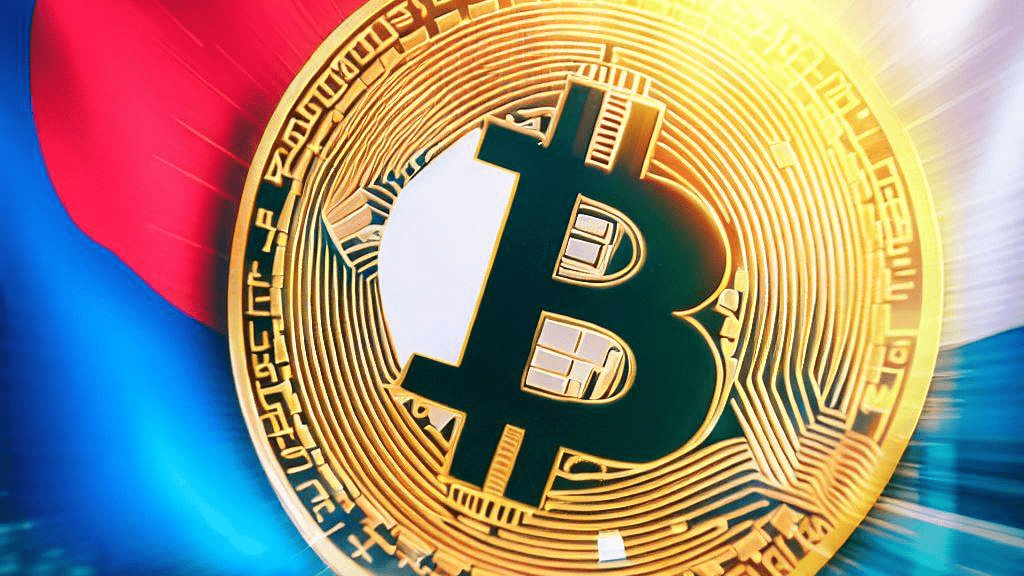
South Korea is set to embark on the second phase of its virtual asset legislation, aimed at regulating various aspects of the cryptocurrency market. This move follows the recent passage of the “Virtual Asset User Protection Act” by South Korea’s National Assembly. The legislation not only defines digital assets but also imposes penalties for unfair transactions and grants oversight power to the Financial Services Commission (FSC).
To further solidify the regulatory landscape, the FSC held a meeting of its digital asset private joint task force (TF) working group on Monday. The purpose was to outline the forthcoming legislation that will fully integrate virtual assets into the institutional system. The second phase will specifically focus on regulating virtual asset issuance and financing by virtual asset operators. It will also address solutions for conflicts of interest in the issuance process and establish stablecoin regulatory frameworks, among other remaining aspects of the crypto market.
“We will prepare for the second phase of legislation for virtual assets before the law is implemented,” stated an FSC representative. “We will actively negotiate with relevant agencies and promote various measures to establish a market discipline system. This will involve collaboration with the Ministry of Strategy and Finance, the Ministry of Science and Technology, the Ministry of Justice, the Ministry of Administrative Security, the prosecution, the police, the Bank of Korea, and the Financial Supervisory Service.”
The passage of the “Virtual Asset User Protection Act” by South Korea’s National Assembly on June 30 marks a significant milestone in the country’s efforts to regulate the crypto market. This comprehensive act consolidates 19 crypto-related bills from legislators and addresses crucial aspects of virtual asset transactions. It includes the definition of digital assets, penalties for crimes such as market manipulation and unfair practices, and the mandatory requirement for insurance coverage, reserve funds, and record-keeping.
Furthermore, the act empowers the Financial Services Commission to oversee and inspect virtual asset service providers. It also grants the Bank of Korea the authority to request data from these service providers. These provisions aim to enhance investor protection and ensure transparency within the virtual asset ecosystem.
The strengthened focus on crypto oversight and protection in South Korea follows the Terra-LUNA crisis that unfolded in May 2022. In line with this commitment, the Digital Asset eXchange Association (DAXA), an alliance of South Korea’s top five domestic crypto exchanges, recently announced the integration of an alert system. This system will notify users about abnormal trading activities, further safeguarding investors from potential risks.
As South Korea progresses with the second phase of virtual asset legislation, it demonstrates its dedication to establishing a robust regulatory framework for the cryptocurrency market. These measures aim to foster investor confidence, promote responsible trading practices, and mitigate potential risks associated with virtual assets.
As the second phase of the virtual asset legislation unfolds, market participants and investors are closely watching the regulatory developments. The stability and transparency provided by the regulatory framework are expected to attract more institutional investors and pave the way for wider adoption of cryptocurrencies in South Korea.
In conclusion, South Korea’s virtual asset legislation is entering its second phase, demonstrating the country’s commitment to regulating the cryptocurrency market. The recently passed Virtual Asset User Protection Act and the upcoming regulations aim to define digital assets, establish penalties for unfair transactions, and grant oversight power to the Financial Services Commission. These measures reflect South Korea’s proactive approach to investor protection and fostering a secure and transparent cryptocurrency ecosystem. As the cryptocurrency industry continues to evolve, South Korea’s regulatory framework is poised to contribute to the sustainable growth and development of the market.




Get the latest Crypto & Blockchain News in your inbox.